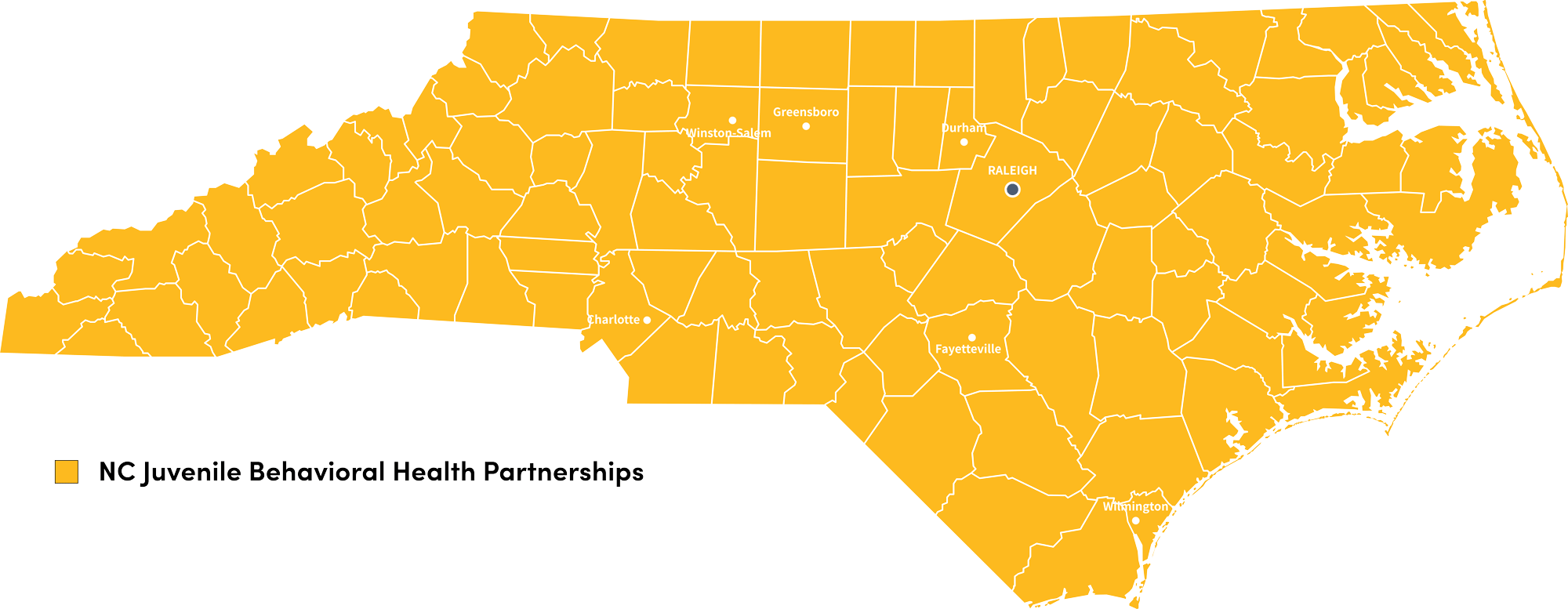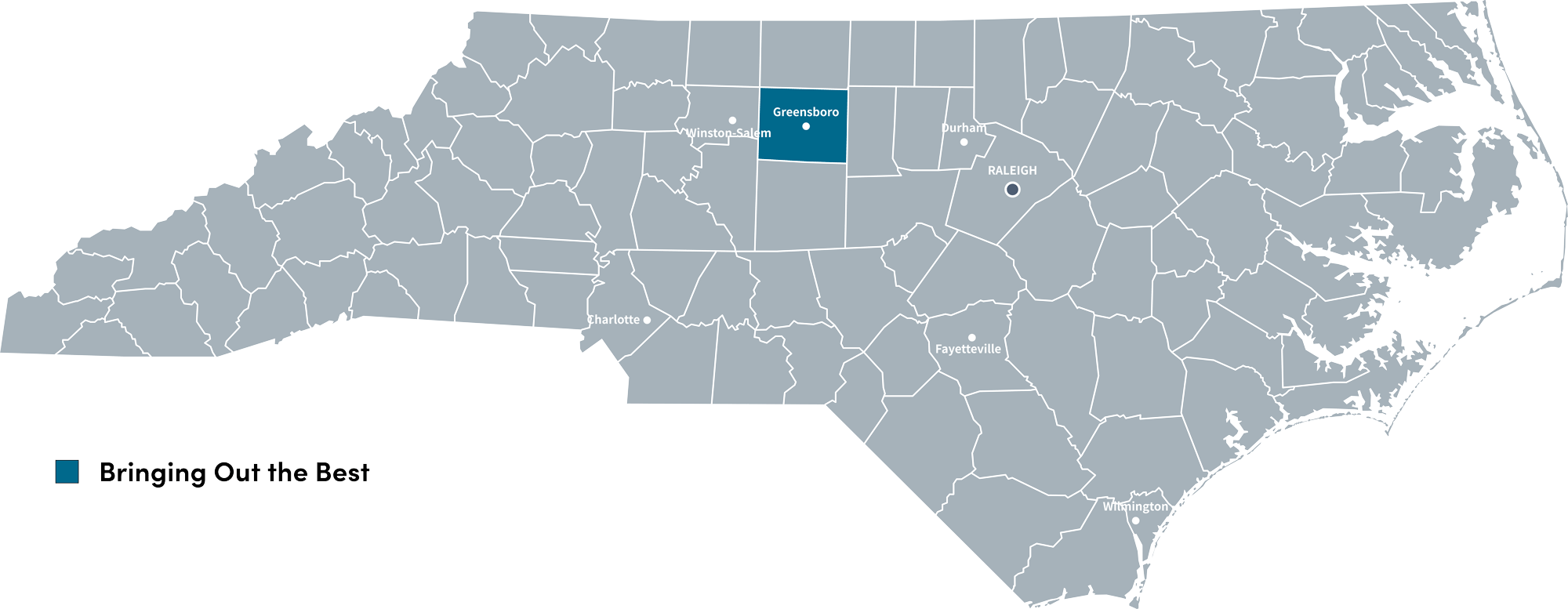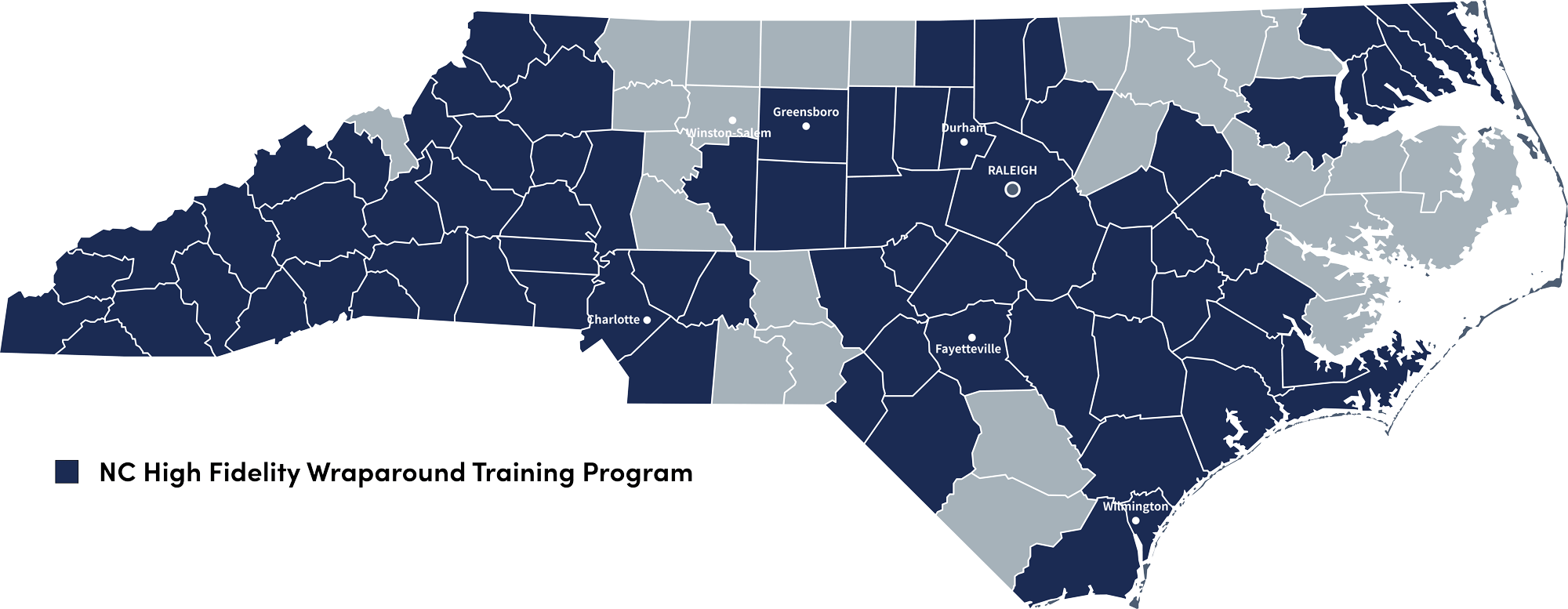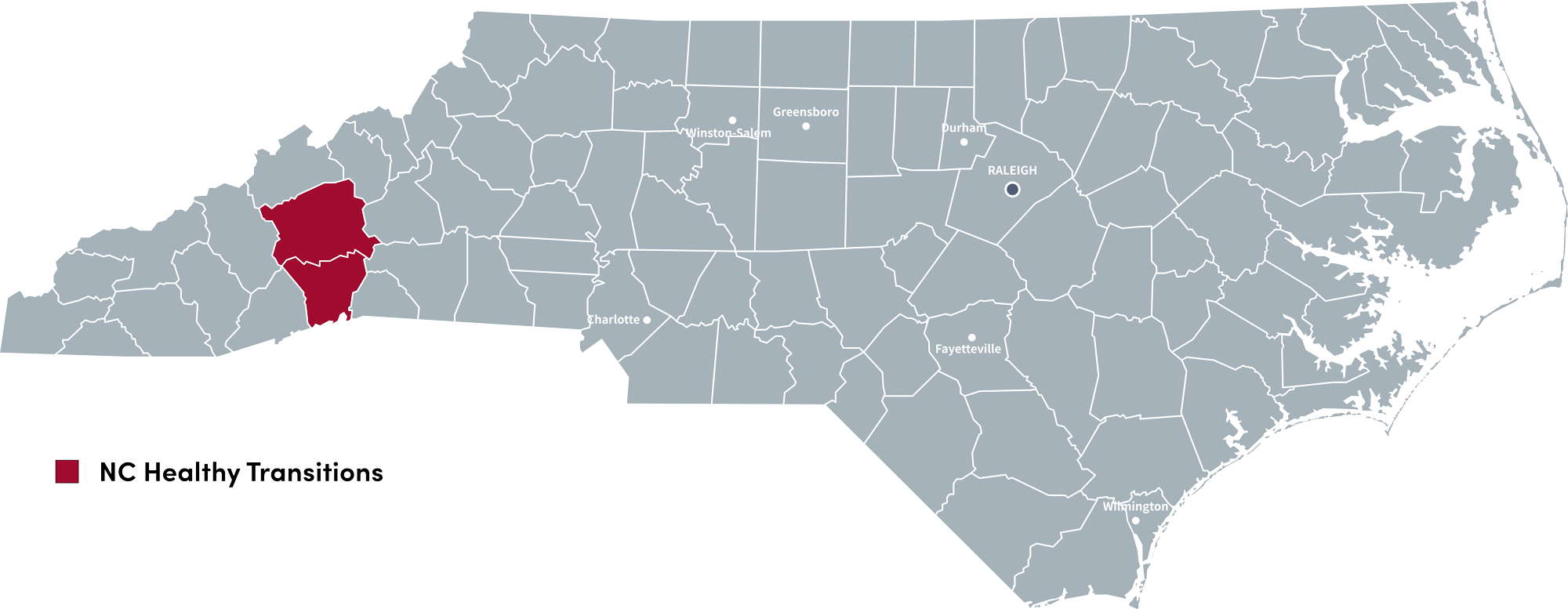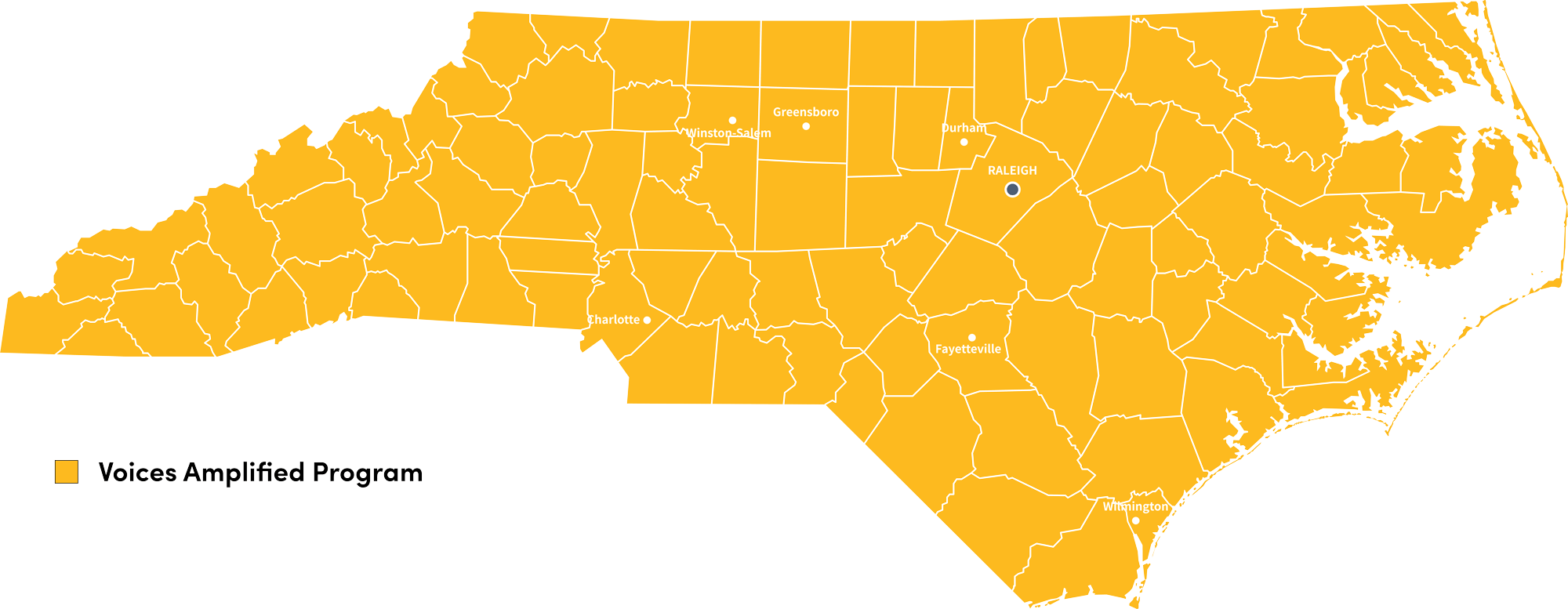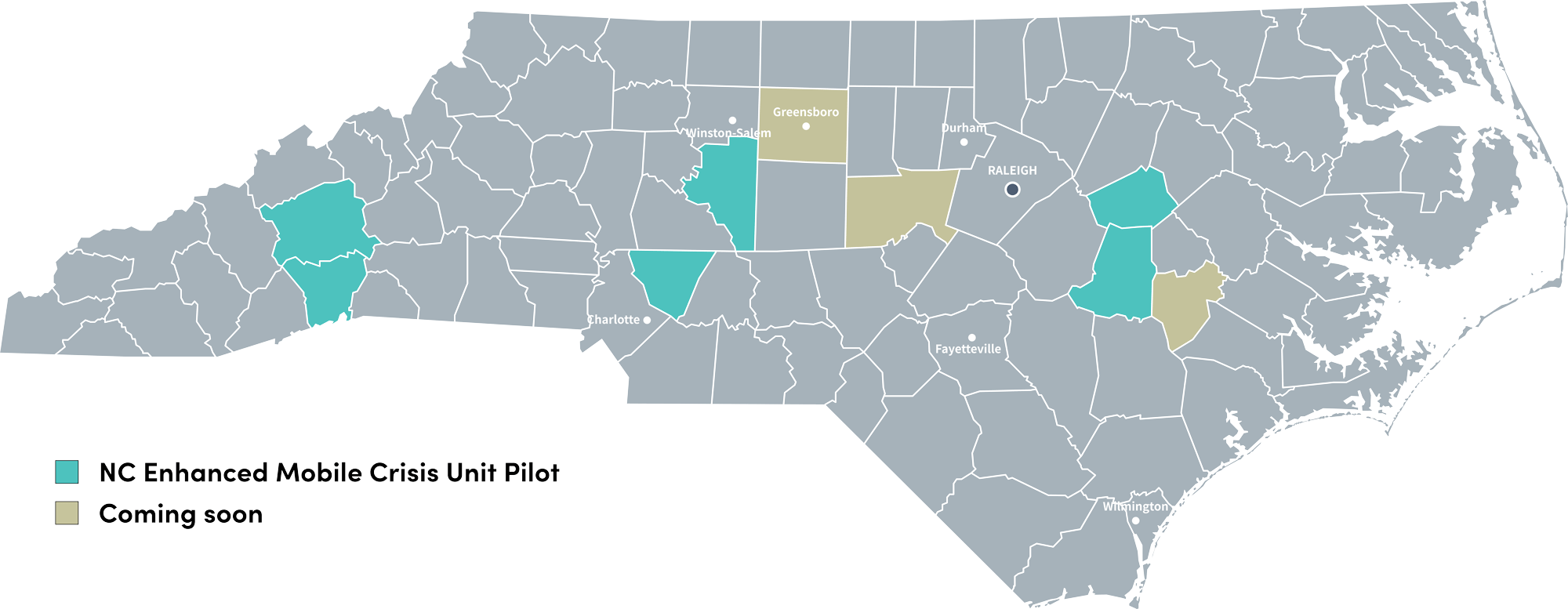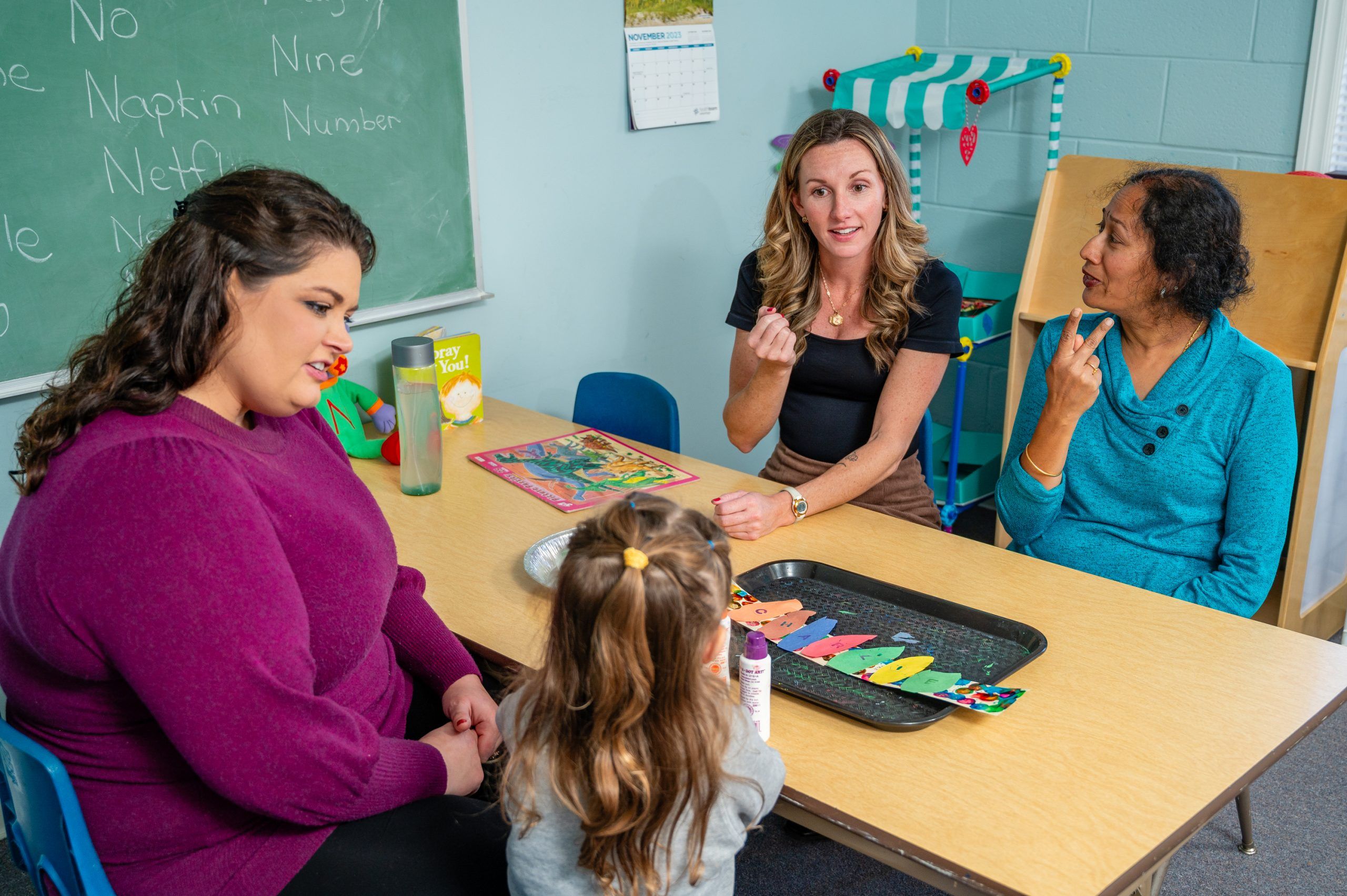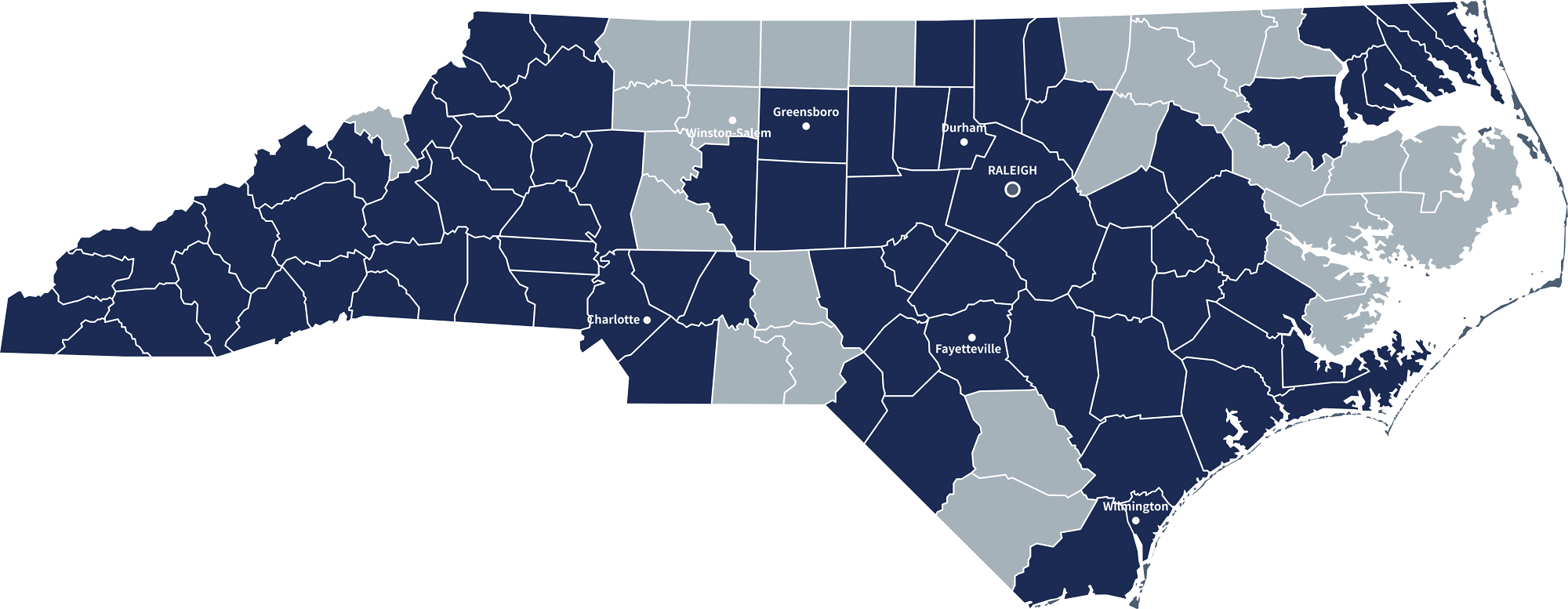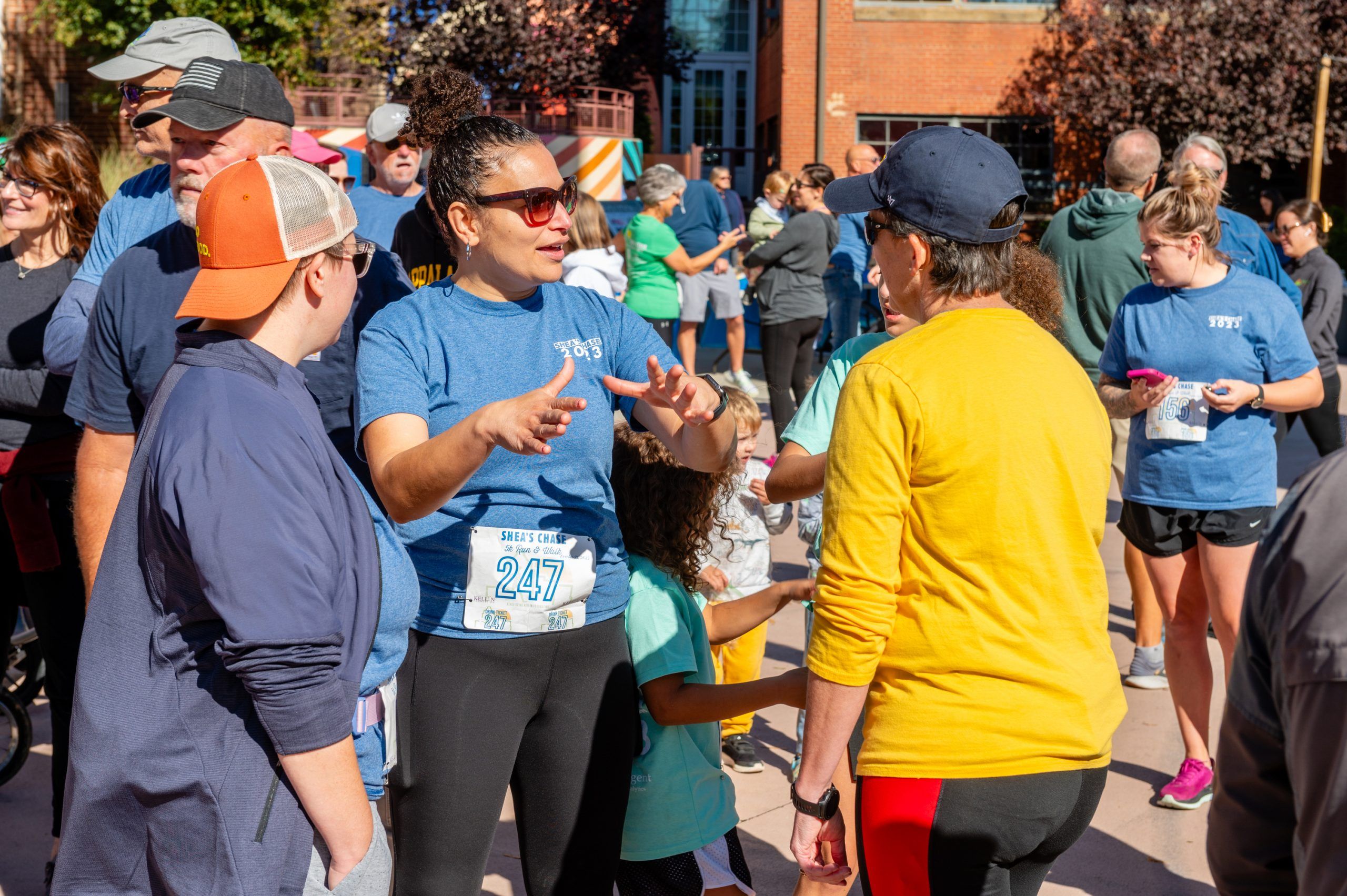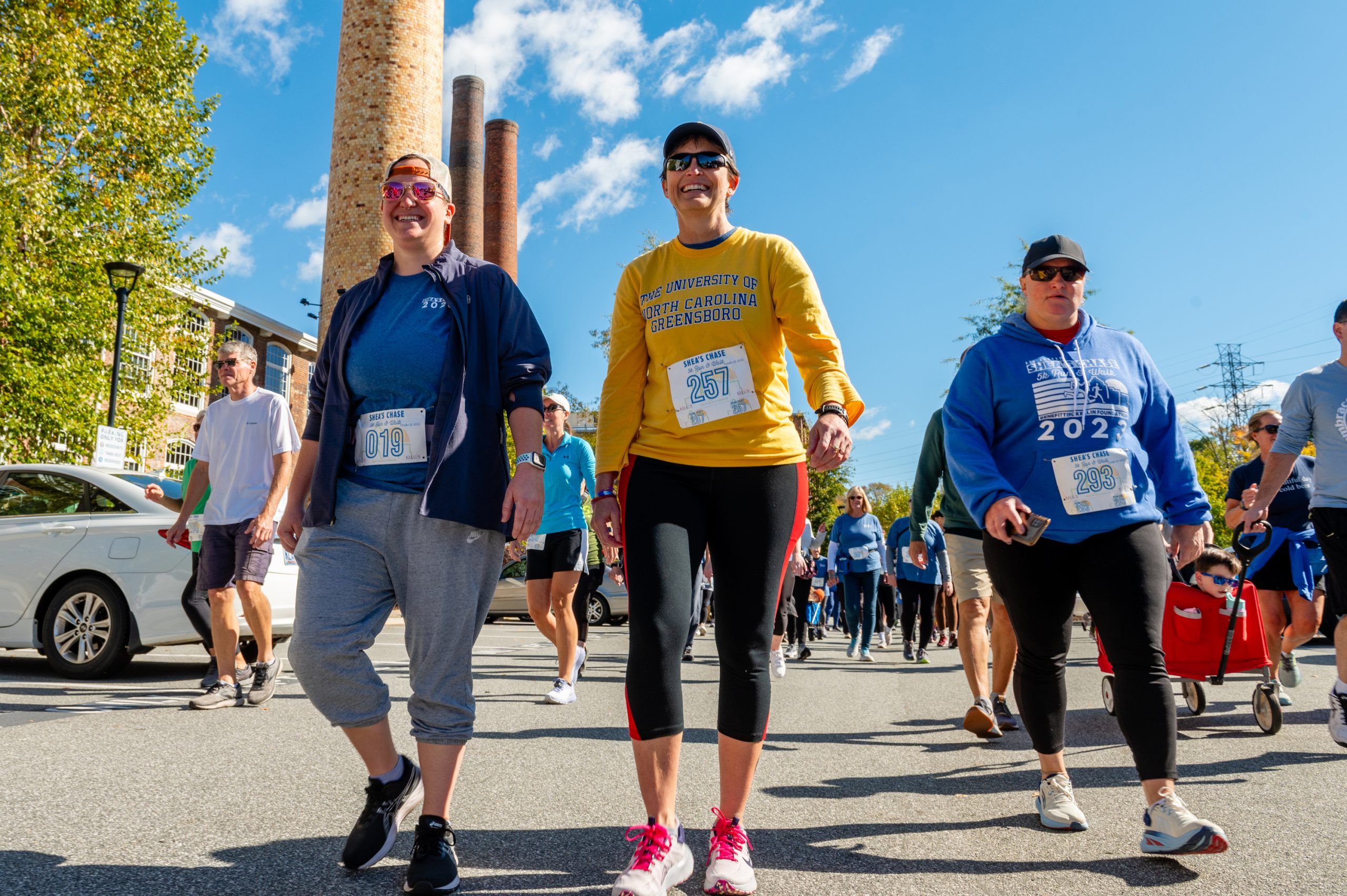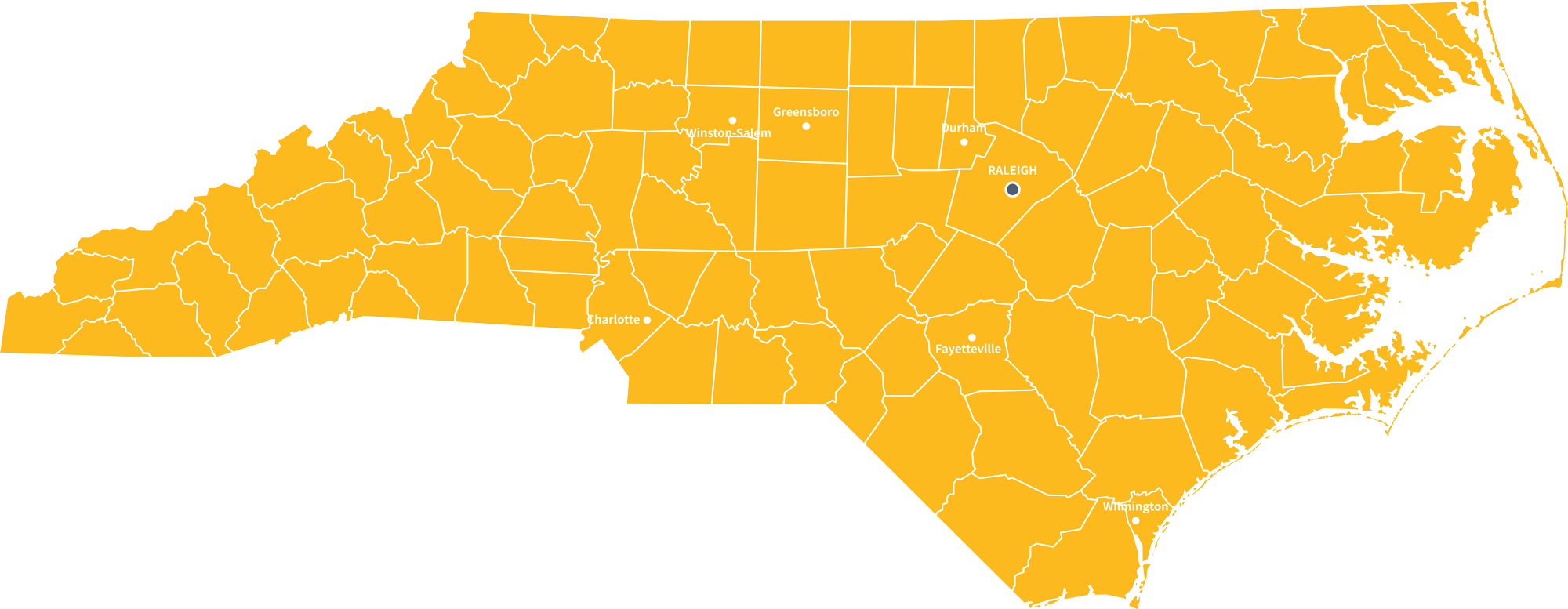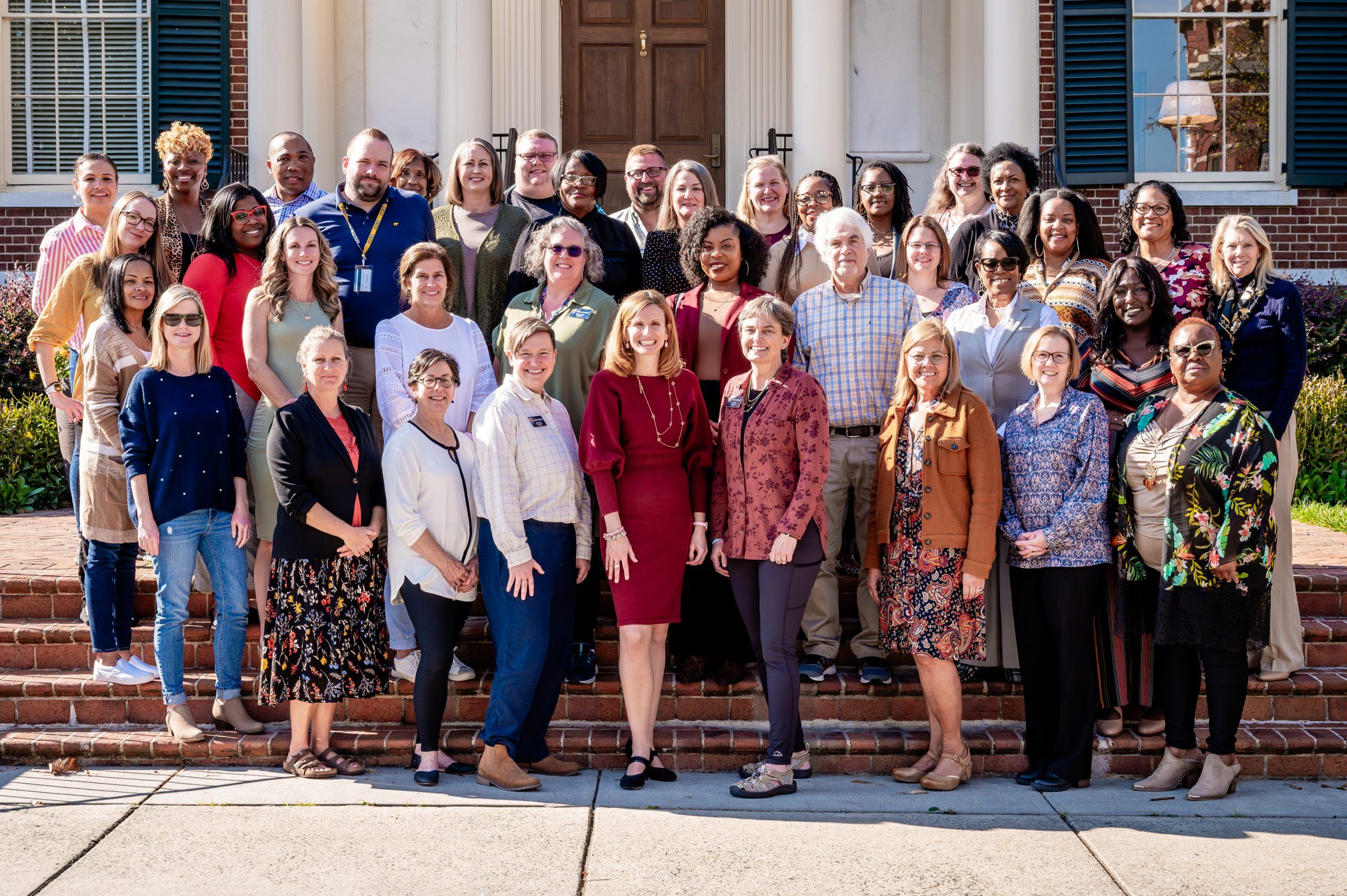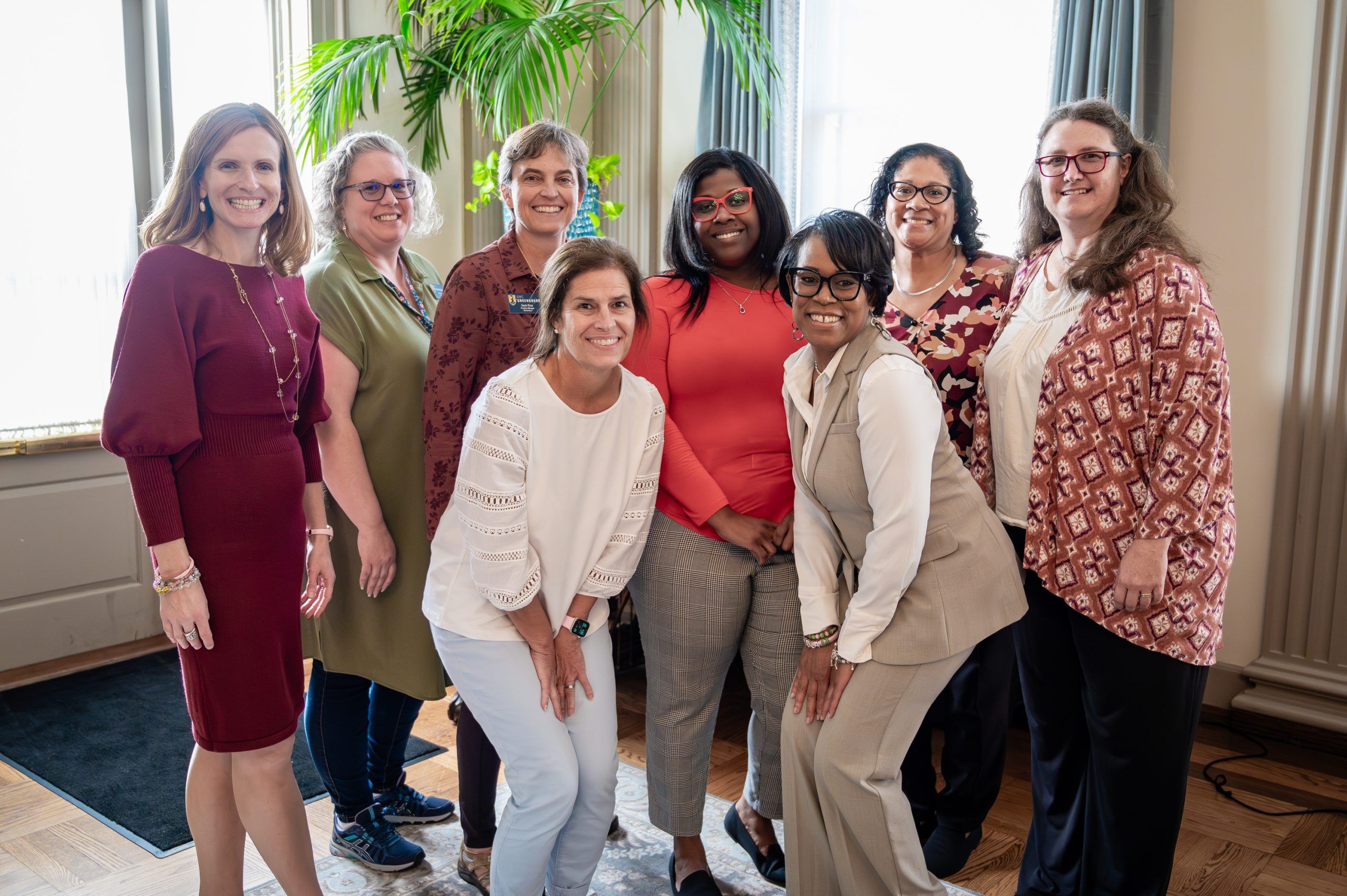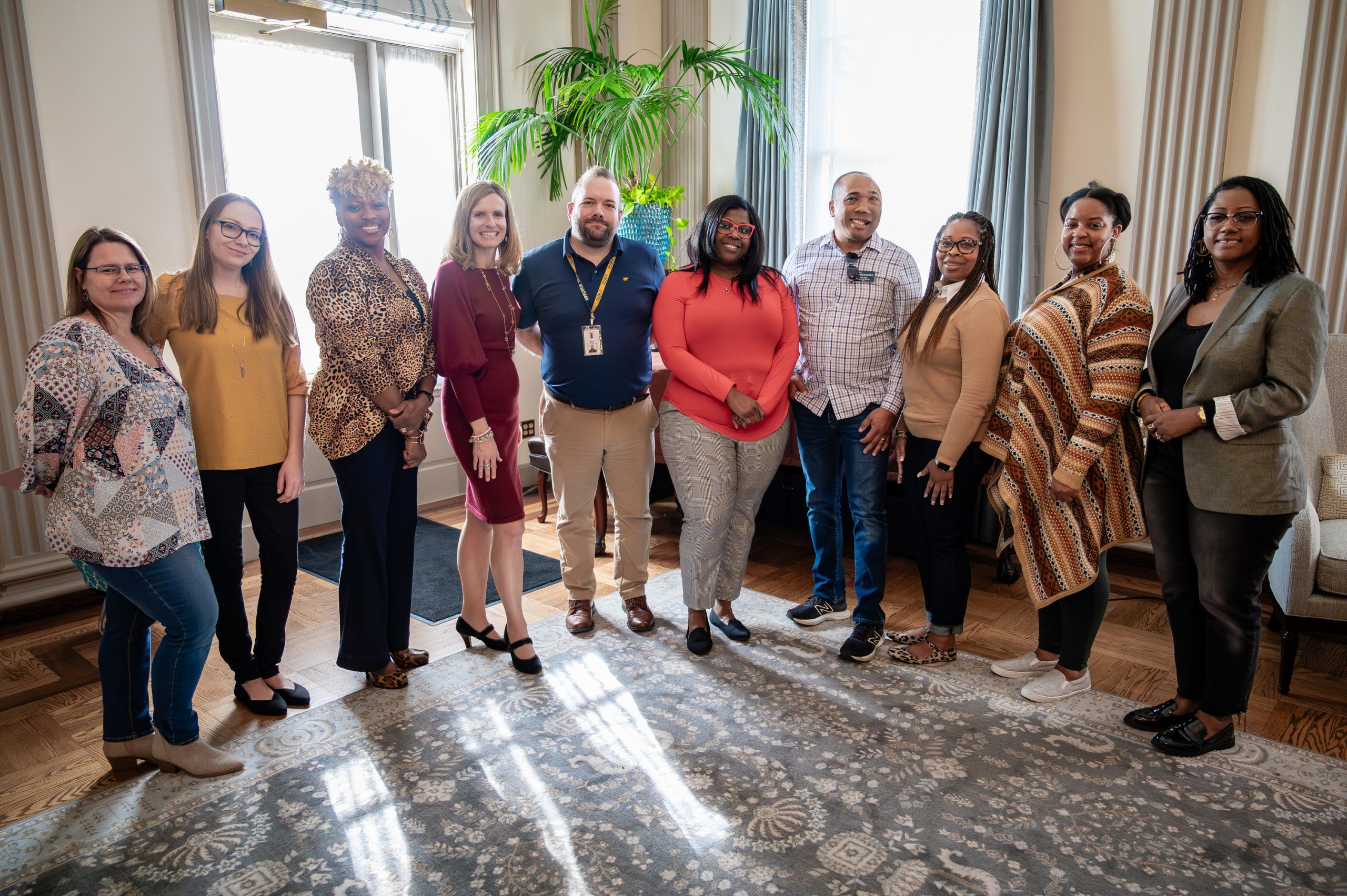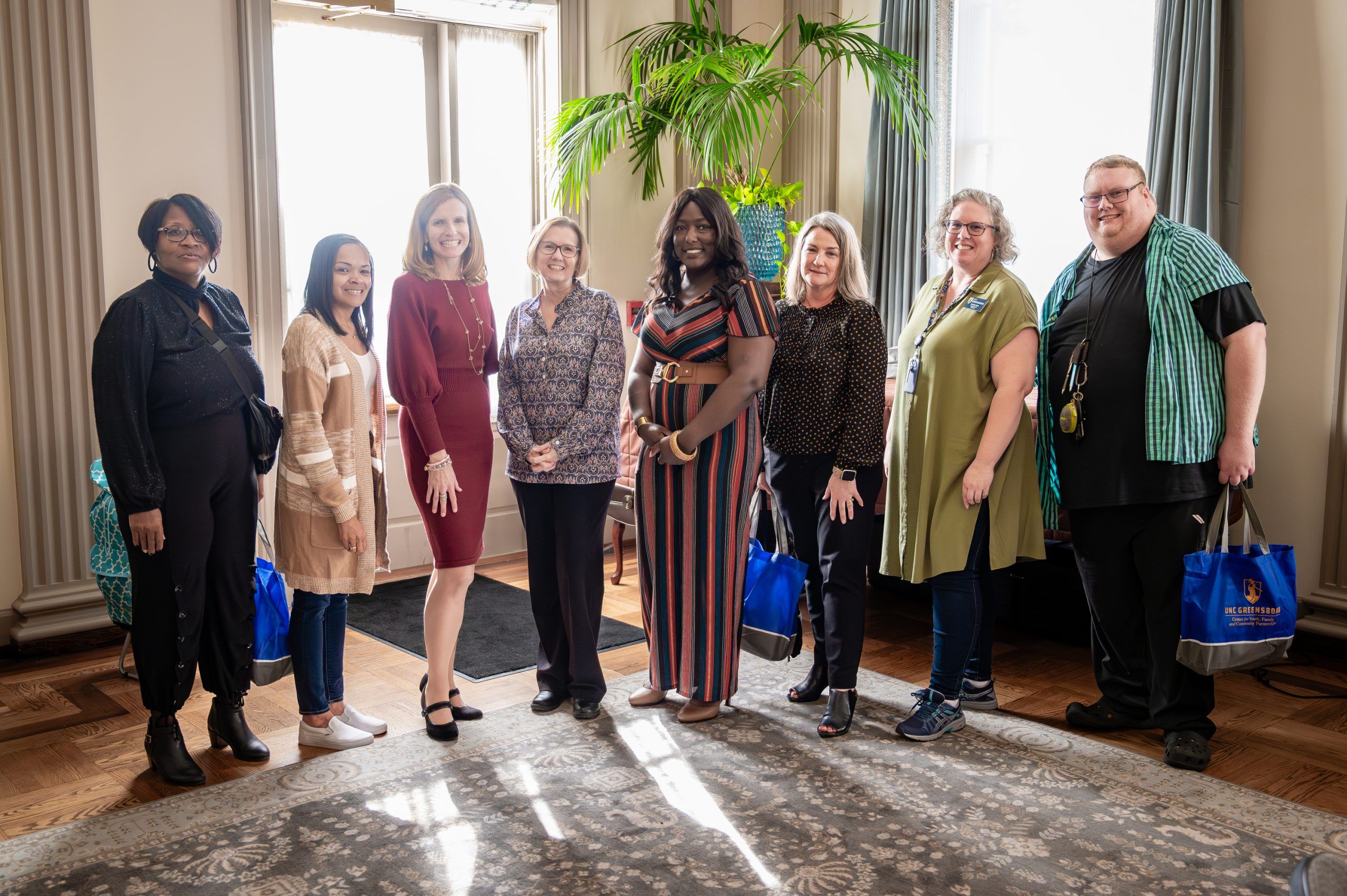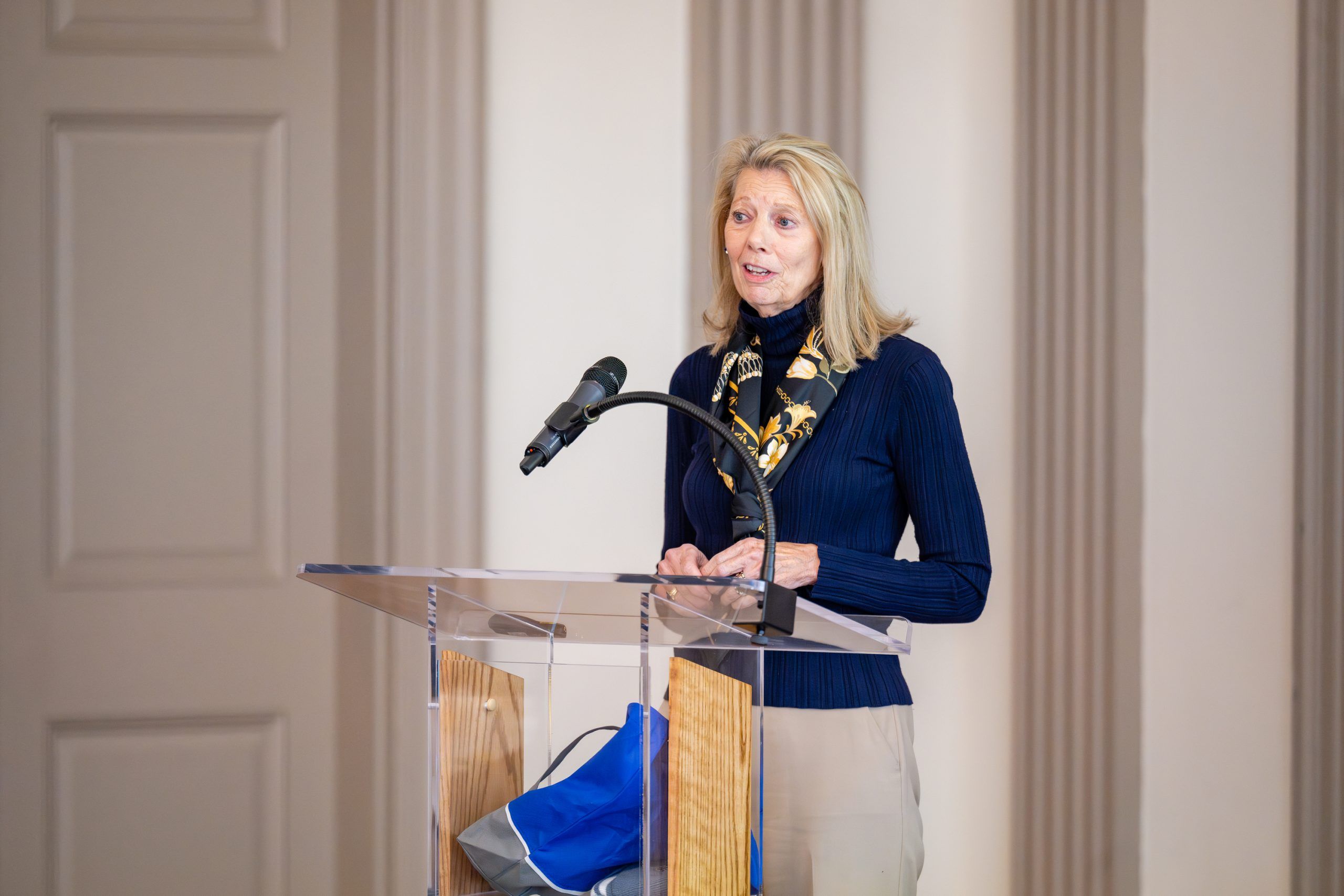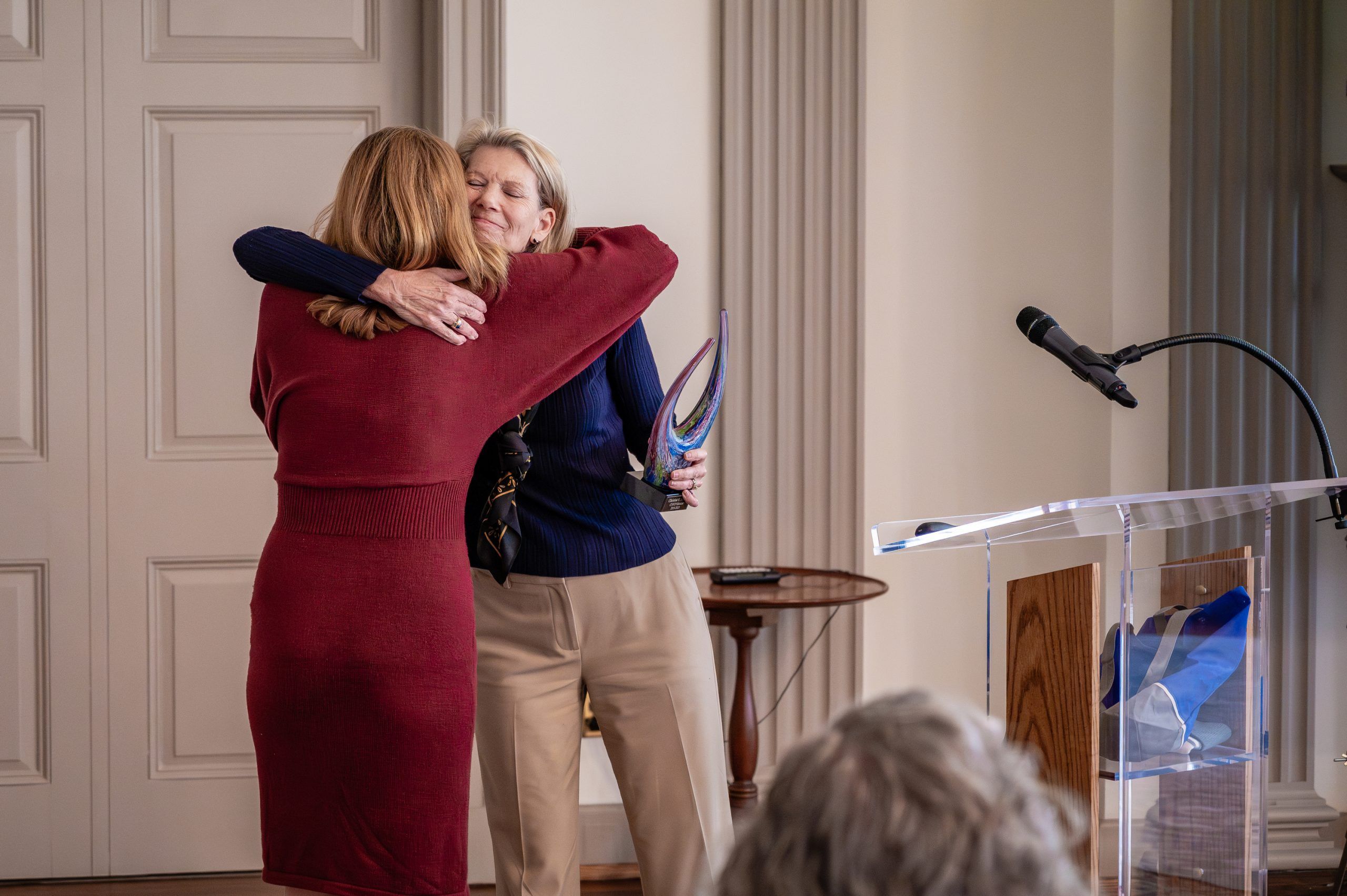A FORCE FOR YOUTH AND FAMILIES
A Force for Youth & Families
A child acting out in preschool.
A teenager in trouble with the law.
A family reeling from a mental health crisis.
These are just a few of the North Carolinians aided by the Center for Youth, Family and Community Partnerships at UNCG.
For more than a quarter of a century, the center, known as CYFCP, has addressed pressing social concerns among families, children, and young adults across all 100 counties in North Carolina, through wide-ranging programs. Today, the center continues to expand, with funding skyrocketing to $6.8 million and a robust staff – currently 30 people – closely collaborating with the community.
“What all the programs in the center share is the translation of research to practice for the greater good – and authentic partnerships with the community,” says Terri Shelton, UNCG’s vice chancellor for research & engagement and a prior director of the CYFCP.
Community engagement isn’t just a catchphrase for the center: working in tandem with the community is their North Star.
“Partnerships with the community are at the heart of what we do, and I would say a lot of evolution for us has been, ‘Where’s the community’s need?”’ says Christine Murray, the most recent director of the CYFCP.
The center fosters its two-way relationship with the community in multiple ways, from participating in outreach events to inviting people who have experience with a project’s focal condition or life event to serve as experts on their teams.
“A real foundational piece of the work at the center is including youth and families with lived experience – or you could say living experience because they may still be living through it,” Shelton says. “It changes everything when you’re in partnership this way.”
These community members provide integral perspectives on conditions a family may face and crucial points in youth development.
“Partnerships with the community are at the heart of what we do.”
jump to
In the Early Years
Bringing Out the Best
For the past 20 years, Bringing Out the Best has lived up to its name by helping Guilford County residents under 5 years old overcome behavioral, social, and emotional challenges.
“These children are our future,” says Program Director Janet Howard. “If we don’t help them at this critical time, they’re not going to get where they need to be.”
The long-standing program, funded by the Guilford County Partnership for Children, adopts an immersive and evidence-based approach, working with the child, teacher, and parents within the child’s preschool or childcare setting for approximately six visits.
The program, which helps about 100 children a year, has a year-round waitlist with caregivers eagerly waiting for their child’s name to be next in line to work with one of Bringing Out the Best’s dedicated specialists – trained professionals who Howard describes as superheroes.
“It takes a really special person to work in this field and have the passion and drive to do this work – it flows out of people like lava,” Howard says. “Other teachers and parents feel it, and we make more connections.”
“These children are our future. If we don’t help them at this critical time, they’re not going to get where they need to be.”
Center support to address behavioral challenges doesn’t stop at kindergarten.
For example, the NC High Fidelity Wraparound Training Program assists families when youth experience mental health or behavioral challenges. Teams, including family and youth support partners from the community, help guide and empower youth along their journey. The program trains teams across the state.
Funder | NC Department of Health and Human Services
Impact | 18 teams in 74 counties, with plans to grow
In the Aftermath of a Crisis
NC Enhanced Mobile Crisis Unit
After a crisis occurs – from a high schooler’s violent outburst to a middle schooler’s attempt to self-harm – families are left to pick up the pieces, often unsure where to begin.
That’s where the NC Enhanced Mobile Crisis Unit comes in. Their team of clinicians and community members with lived experience, known as family support partners, work closely with North Carolina families in the aftermath of a crisis involving a young person.
“We have four weeks to walk alongside the family,” explains program manager Gayle Rose. “We’re available by phone. We can answer questions and really focus on, ‘What does the family want? What are they going to set as their goals?’”
The unit, which launched in July 2023 in Buncombe, Henderson, Davidson, Cabarrus, Wayne, and Wilson has already reached 60 families in their first four months of operation.
It receives information about families in need through the counties Mobile Crisis Management system. Families may also be referred from other entities like emergency departments, school administrators, and local social service agencies working with youth.
“When a family is in crisis, they jump from one thing to another and they’re just putting out fires. They rarely have anybody sit with them and says, ‘let’s take a step back and really look at how we can prevent the fires.’”
Community support partners are effective – but finding them to plug into programs that need them isn’t always easy.
The center’s NC Voices Amplified program helps recruits new family partners and youth peer support providers. It also helps train these partners and the agencies that employ them.
Funder | NC DHHS Division of Child and Family Well-Being
Impact | 334 partners trained in first two years
In the Justice System
NC Juvenile Justice Behavioral Health Partnerships
In 2022 alone, about 15,000 young people were entangled with the North Carolina juvenile justice system. CYFCP program manager Dannette McCain says the majority of these young people have experienced trauma and related behavioral and emotional challenges.
But people often only see the young person’s crime – a theft or violent outburst, for example – and not the struggles lurking underneath.
The NC Juvenile Justice Behavioral Health Partnerships, or JJBH, helps these youth and their families gain access to behavioral health treatment they require for recovery – with the hope of halting further interactions with the justice system.
“We’re looking at a young person from a holistic perspective and not just looking at them and evaluating or assessing them as the thing that happened, but also, what are some of the things going on with you and your family that may have led to this moment?” says McCain.
The center supports 21 JJBH teams across the state, providing training, technical assistance, and guidance to ensure these youth can move through the continuum of mental health care.
“It can be very easy to say that a family just didn’t show up or want to participate, but are the processes in place to really help them navigate and move through the system?”
A critical time in the lifespan for addressing mental health challenges is during the transition from adolescence to young adulthood.
Youth already receiving mental health services oriented towards children will sometimes disconnect from needed supports during this period instead of transitioning to adult-oriented services, says CYFCP project director Willow Burgess-Johnson. Others will face mental health and substance use challenges for the first time.
The NC Healthy Transitions pilot program supports youth between the ages of 16 and 25 who experience behavioral health challenges, offering developmentally appropriate services ranging from clinical assessments to job support.
The CYFCP reaches beyond academia – both into the community and policy spheres – to enact changes that nurture North Carolinians.
Making the needle move
Across CYFCP’s diverse programs, Murray says she has been struck by the interconnectedness of social concerns in North Carolina.
“One of the things I’ve seen in the center is everything is so related – whether we’re talking about early childhood, mental health, family relationships, substance abuse, juvenile justice, or violence prevention,” Murray says. “It doesn’t matter what the entry point is into the social challenges. It’s all connected.”
As she reaches the end of her tenure with the center and prepares to return to UNCG’s Counseling & Educational Development department, Murray effervesces about her colleagues and the dedication of CYFCP’s staff.
“The people in our center are some of the greatest people in North Carolina working in behavioral health systems in innovative ways,” she says.
Shelton says Murray’s work over the past four years has helped the center evolve in closer connection with the community – and she’s excited to see how the incoming director builds upon this momentum.
The impact doesn’t stop with the programs, she adds. “By working in concert with policymakers, we can help ensure that insights gleaned from CYFCP’s programs inform and guide statewide policies and programs.”
In this way, the CYFCP is reaching beyond academia – both into the community and policy spheres – to address problems and enact changes that help nurture North Carolina families.
Shelton describes her own eight years as the CYFCP director as a dream job that has been a highlight of her career.
“I went home feeling like I made the needle move. Sometimes it was a teeny-weeny bit, but sometimes it was big,” she says.
“What a joy, what a blessing, and the people I’ve met along the way and what I’ve learned – every day was a continuing education.”
